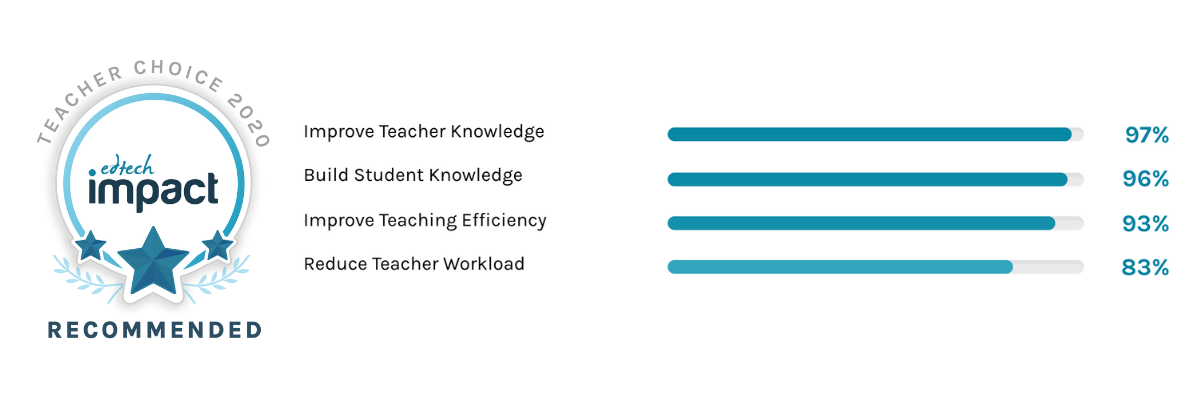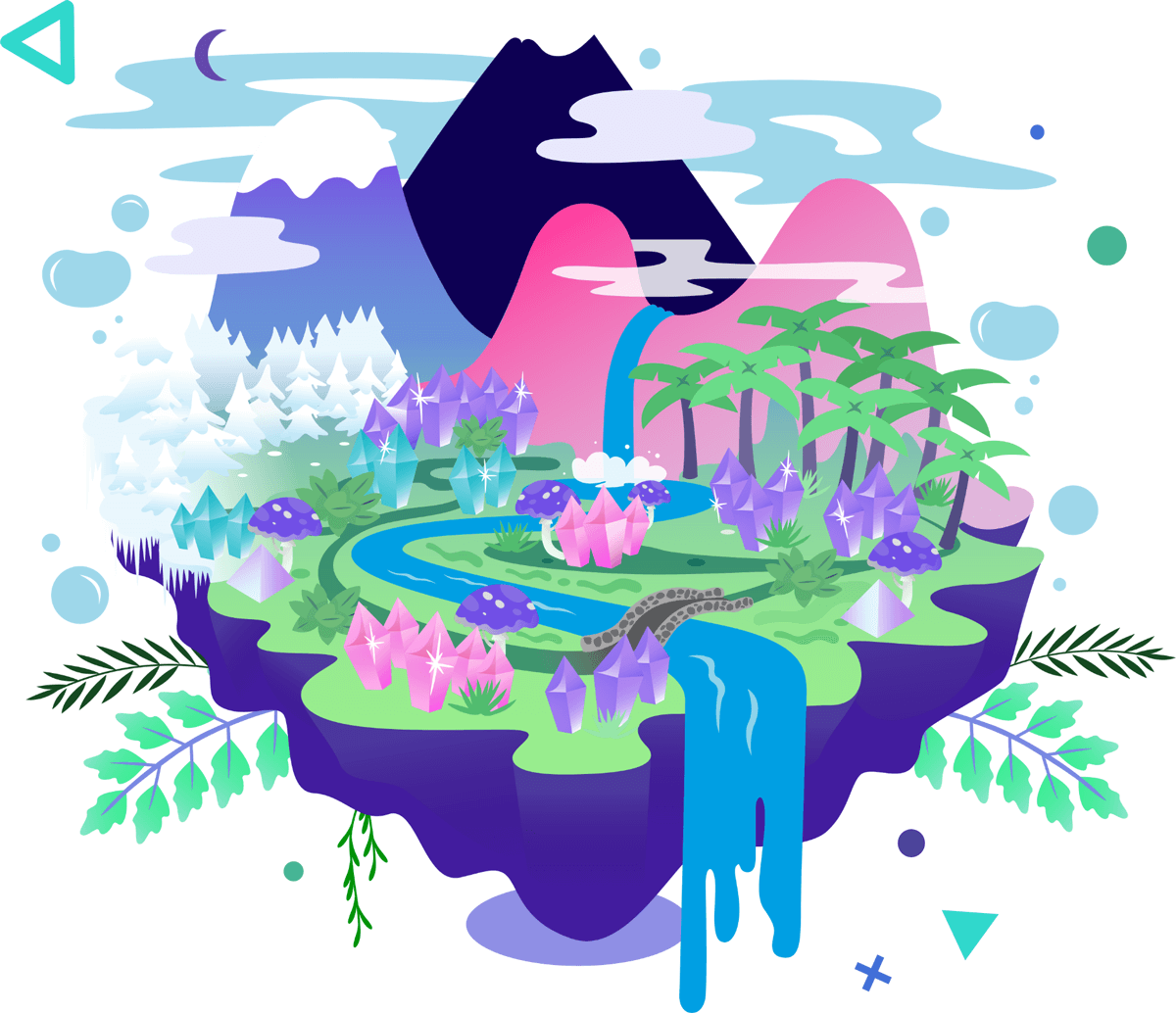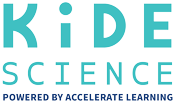Our STEAM Learning Impact
Our STEAM Learning Impact
Kide Science empowers thousands of educators, children, and families worldwide.
Explore our research on STEAM education and real-world success stories to see how we’re transforming learning—one curious mind at a time.
RESEARCHED-BACKED
it all stems from research
Kide Science has a unique approach to learning: it feels like playing! But the research behind it is serious business. In fact, the research is the very reason we’re here.
Kide is rooted in research on play-based learning and evidence-based early education practices proven to foster curiosity and STEAM skills.
Four Levels of Impact Evidence
Level 4: Peer-reviewed scientific research
In level 4, we present the scientific evidence that is published in high-quality peer reviewed scientific journals
- Peer-reviewed academic research
Level 3: Non-peer-reviewed scientific research
In level 3, we present research and studies that are rooted in scientific theories but are not peer-reviewed
- Professional magazines
- Reports
- Masters theses
- Bachelor theses
Level 2: Studies that proves the impact on certain users
Here we present the results of our company case studies, usage, and user behavior
- Data studio
- User data from feedback
- Teacher Interviews
- Smart look
Level 1: Educational theories
The basis of our impact evidence lies on a strong theoretical understanding of learning in ECE, play-, and inquiry-based learning
- Play-based learning
- Socio-cultural learning theory
- Learning by doing
- Inquiry-based learning
IMPACT & EFFICACY
How Does Kide Science Impact Students and Teachers?

Frequently Asked Questions
- What theoretical foundations support Kide Science’s Playful Inquiry approach?
Kide’s pedagogical model is grounded in rigorous academic research primarily from the University of Helsinki (Vartiainen, 2016; Vartiainen & Kumpulainen, 2019–2020). It blends dramatic play with scientific inquiry, an approach known as “Scientific Play.”
- How does Kide’s Playful Inquiry impact children’s engagement and learning?
Teachers report that Kide’s blend of play and story-based lessons boosts engagement—kids ask more scientific questions, show greater interest in STEAM, and often start viewing themselves as “scientists.” The UK case study at Heatherton Girls’ School also showed improvement in children’s observation and classification skills, alongside emotional engagement and use of scientific vocabulary.
- What does “Playful Inquiry” look like in practice within Kide?
Kide lessons unfold in three phases:
Story-driven setup that sparks curiosity (e.g., letters from story characters)
Hands-on play and experimentation where children role-play as investigators
Sharing and reflection, where findings are communicated, often in character, reinforcing both learning and emotional engagement
Learn more about Kide’s lesson approach here.
Your Complete STEM Solution Starts Here
Hands-on science, real-world math, and critical thinking—each program stands strong alone and even stronger together. Build a classroom where curiosity leads and every learner thrives.




